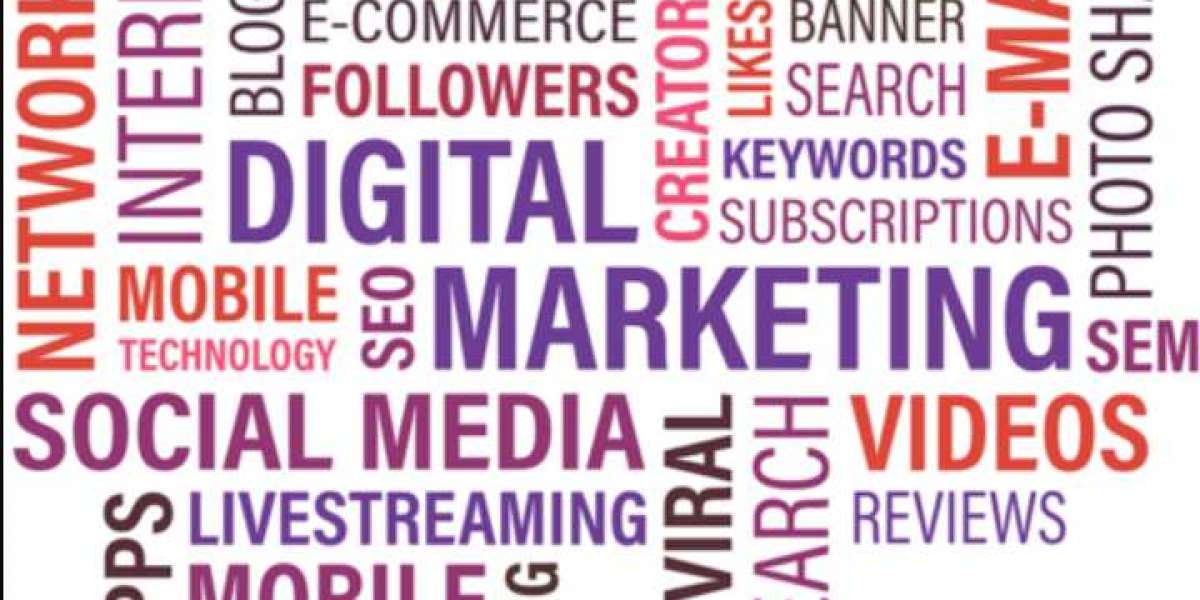Artificial Intelligence (AI) is revolutionizing various industries, and digital marketing is no exception. AI is transforming the way marketers engage with their customers, making campaigns more effective and personalized. However, as with any new technology, there are also challenges that come with its adoption. This article explores the opportunities and challenges that come with the impact of AI on digital marketing.
Opportunities
- Enhanced Customer Experience One of the most significant opportunities that AI brings to digital marketing is the ability to enhance customer experience. AI-powered chatbots and virtual assistants enable businesses to provide 24/7 customer support, personalize customer interactions, and offer timely and relevant recommendations.
- Predictive Analytics AI-powered predictive analytics enables marketers to identify patterns and trends in consumer behavior. By analyzing data, marketers can gain insights into their target audience's interests, preferences, and behavior, allowing them to make informed decisions and create targeted campaigns.
- Automated Advertising AI-powered advertising enables businesses to create highly targeted ads that reach the right audience at the right time. Ad targeting can be based on factors such as demographics, location, behavior, and interests, making campaigns more effective and cost-efficient.
- Improved Content Creation AI-powered content creation tools can help marketers create engaging content faster and more efficiently. For instance, AI-powered copywriting tools can generate high-quality product descriptions, blog posts, and social media content, saving marketers time and improving content quality.
Challenges
- Data Privacy and Security The collection and analysis of consumer data raise concerns about data privacy and security. With AI's ability to collect and process vast amounts of data, there is a need for businesses to ensure that the data is secure and that they comply with data protection regulations such as GDPR and CCPA.
- Lack of Human Touch AI-powered interactions can be impersonal, which may lead to a lack of human touch. For example, chatbots may not provide the same level of empathy as human customer service representatives, potentially leading to dissatisfied customers.
- Potential for Bias AI is only as good as the data it is trained on. If the data used to train AI is biased, then the AI system will also be biased. This could lead to discrimination in advertising and marketing, negatively impacting some groups of people.
- Cost and Skill Gap Implementing AI in digital marketing requires significant investment in technology and the hiring of skilled professionals. This may pose a challenge for smaller businesses with limited resources.
Conclusion
The impact of AI on digital marketing presents significant opportunities, such as enhanced customer experience, predictive analytics, and automated advertising. However, there are also challenges, such as data privacy and security, lack of human touch, potential for bias, and cost and skill gap. To overcome these challenges, businesses must invest in the right technology, hire skilled professionals, and ensure that they comply with data protection regulations. Ultimately, the successful implementation of AI in digital marketing can help businesses gain a competitive edge and improve their bottom line.






